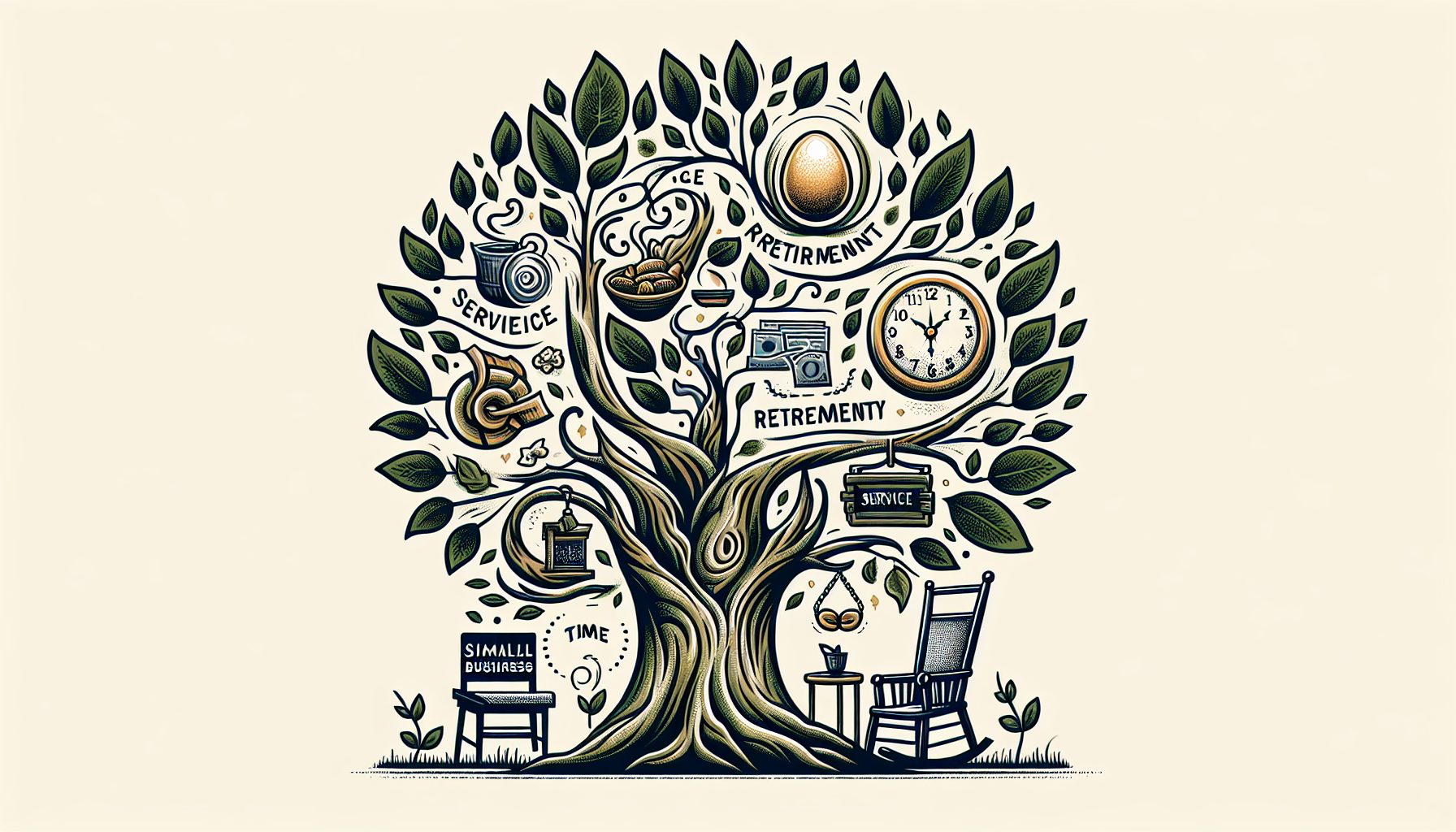The National Collegiate Athletic Association ejected earlier this week a newspaper reporter from a college baseball game in Louisville, Ky., because the journalist was blogging about the game while it was in progress. Is this the latest example of the law not keeping up with technology?
The ejection of Brian Bennett could have First Amendment rights implications; the game took place at the stadium of the University of Louisville, a state institution. According to a report in The New York Times on Thursday, the NCAA action to eject Bennett was ostensibly to protect the broadcast rights that were sold to ESPN, which was telecasting the game, and CBS Sportsline.com, the official Internet provider of detailed descriptions for the NCCA baseball tournament. But a blog is more than a description of the game. It provides insight and opinion.
This is the latest example how laws to protect intellectual property–that’s what a sporting event is considered–haven’t kept up with technology. Cable TV provider Cablevision wants to replace set-top digital video recorders installed in customers’ homes with network DVRs it would manage. The functionality to the viewer would be the same. Yet, a federal court ruled in April that reallocating data management from client to server would be unauthorized public performance by the cable operator when the customer pushed the play button.
“We need no further evidence that the concept of intellectual property has lost its meaning in the digital age,” writes lawyer Larry Downes in his May column for CIO Insight. “As technology advances and the law stays rooted firmly in the past, expect more billion dollar lawsuits. And guess who gets caught in the middle.”








